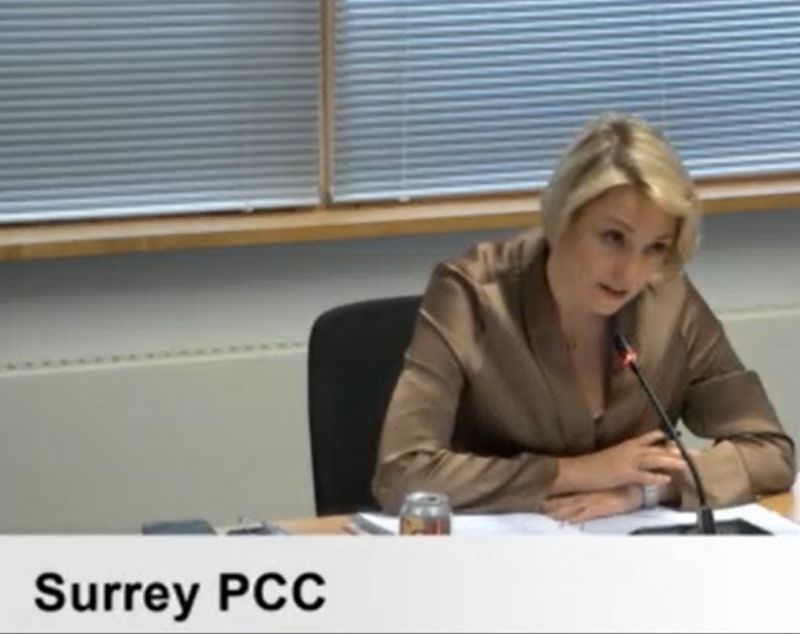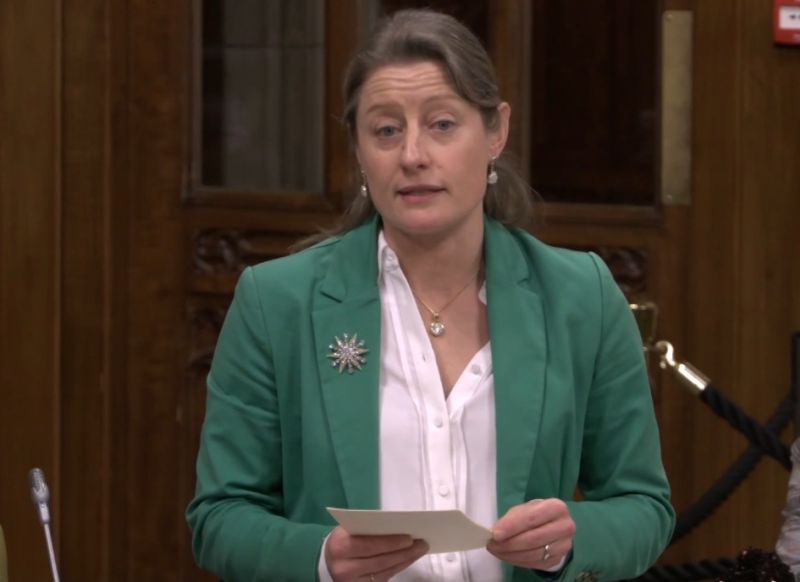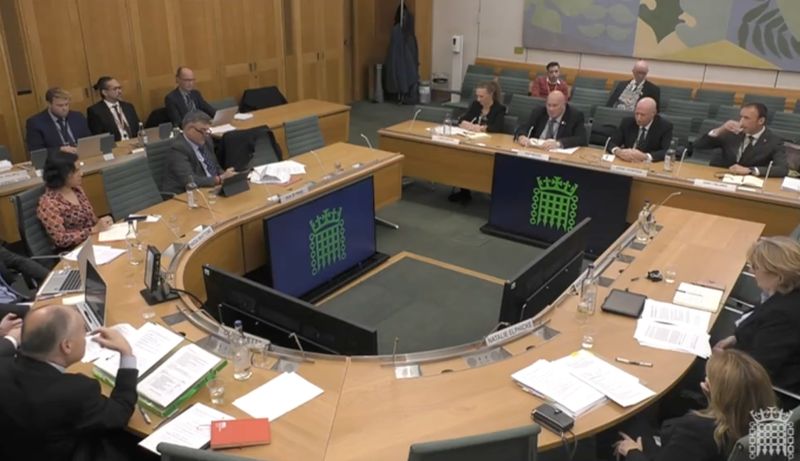Finance lessons for Parliament from Surrey Boroughs
Surrey Heath Borough Council is burning through its reserves and eyeing up serious cuts to services, the Levelling Up, Housing and Communities Committee was told. The Monday, November 13, cross-party panel of MPs heard from experts including from the National Audit Office, the Institute of Fiscal Studies, and chief financial officers of local councils as it delved into the ‘financial distress in local authorities”.
Among the group giving evidence were Paul Dossett, from Grant Thornton the forensic accountants deep-diving into Woking Borough Council, Jonathan Carr-West, of the Local Government Information Unit, and Surrey Heath’s chief finance officer Bob Watson.
The committee was also told a lack of professional accountability among senior officers – across all councils – has been a driving factor behind local authorities running into financial trouble – and has been made worse with many scared to stand up against councillors for fear of losing their jobs.
Mr Watson said: “ (Surrey Heath) is not in immediate financial distress, it is like many other councils, predicting a use of reserves over the medium finance period and the burn rate on those reserves is unsustainable into the medium and long term future.”
He told the meeting of the “challenging budget process” the council was going through, including looking at cutting non-essential services. He said: “We have over the past two and a half years embarked on a number of efficiency measures where we’ve taken costs out of the organisation without cutting services to the residents and business in Surrey Heath. It is potentially now likely we will have to look at some of the discretionary services. We also have over the past built levels of ear-marled reserves for very such cases where we’ve started to see some of these higher interest rates coming through. We plan to use those reserves to smooth the gap over the four years. Sufficient reserves to take us through the four years but it is challenging.”
Part of the reason, the committee heard, for councils struggling to balance the books has been a 61 per cent cut in funding, which has had the knock on effect of increasing demand for services – notably in housing and homelessness.
Mr Watson told the committee that the cost of living crisis has impacted on people paying private rent and who were now presenting as homeless. He said: “We in our borough haven’t seen it quite the same (levels of homelessness) as some of the other Surrey boroughs but we’re starting to see that increase. Last month’s statistics of people presenting to our council offices actually doubled- again driven by cost of living pressures on individuals. We have the cost prices going up with hotels, we have the cost of hotels going up driven by demand going through and were now starting to see some of the hotels closed by central government these people now presenting to the local authority as homeless.” He added that it was not just a refugee crisis as people have been struggling to find affordable homes for years.
Earlier in the session the committee heard from Grant Thornton’s Paul Dossett. Grant Thornton works with about half the councils in the UK and is completing a deep dive into how Woking Borough Council went bankrupt with debts approaching £2.6billion. Mr Dossett told the committee that local government financing “just bumbles along with no attempt to fix it” and when councils do go bust its the most vulnerable, the ones who rely on council services the most, who are impacted.
He said: “Some of the things that have gone wrong, what we have seen with some of those people responsible from an officer side, in those key roles, the golden triangle of chief executive, monitoring officer and section 151 officer, there hasn’t really been professional accountability. There may have been job accountability in that the person has moved on to a different place but the sort of professional accountability of someone not doing their job to the right professional standard we don’t really see that in any meaningful way. Alongside that there needs to be better job protection for statutory officers to enable those statutory functions to speak very clearly to members to say ‘you can not do this’
“That is either breaking the law, or involves a degree of financial risk that the Section 151 officer is not comfortable with, and should be able to say that without any fear that there will be comeback against you in that role.”




















